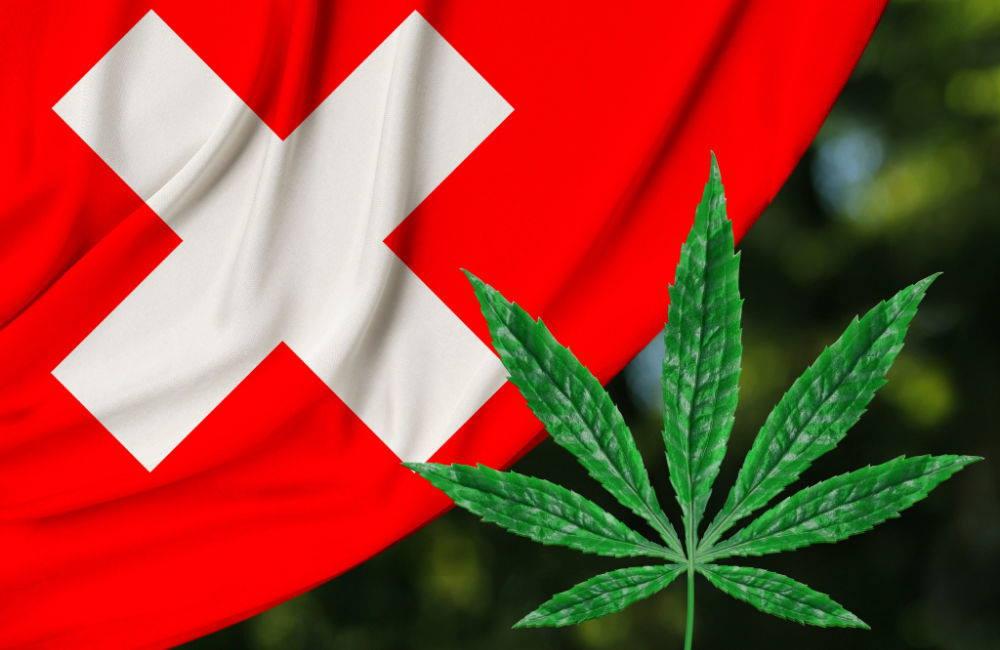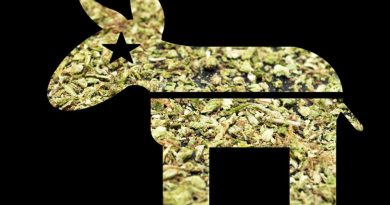Switzerland Launches Cannabis Sales Pilot Programs
Europe is starting to play catchup with North America on cannabis legalization as more countries are considering the legalization of adult-use cannabis. They’re just taking a much slower and more carefully measured approach, in some cases.
For example, Germany is setting up its legal cannabis market, but it’s unclear when it will start (2024 is a possibility). And Switzerland has launched pilot programs to study the impact of legalization in various cities rather than making cannabis legal nationwide.
The Swiss Basel-Stadt region in northern Switzerland recently announced it will launch an adult-use pilot program on Sept. 15, 2022, involving 370 people. The Weed Care program, centered in the city of Basel, will allow people participating in the program to purchase cannabis for recreational purposes.
Switzerland Testing the Cannabis Waters
The Weed Care program is part of a series of pilot programs launched in cities across the country, including Zurich. The programs began after the federal government amended the Federal Narcotics Act in May 2021 to allow for creation of small scale, temporary programs that will test the impact of a legal recreational marijuana market.
The amendment will remain in force for 10 years. The aim, according to the Federal Office of Public Health (FOPH) is to “increase knowledge of the advantages and disadvantages of controlled access to cannabis, and to provide a sound scientific basis for possible decisions on the way the approach to cannabis is regulated.”
While they are taking a cautious approach, Switzerland is ahead of the U.S. in one respect. The country decriminalized cannabis at the federal level in 2012. People caught with cannabis face a fine (100 francs) rather than incarceration.
A Lift of Medical Marijuana Ban
In another pro-cannabis decision this year, the Swiss government lifted the ban on medical marijuana in June 2022, following through on an amendment passed in Parliament in 2021.
In the past, patients in Switzerland had to receive permission from the Swiss government to obtain and use medical marijuana. The new law leaves that decision to the patient and the doctor. However, medical marijuana must have a THC level below 1 percent.
Part of the reason for the pilot programs is to combat the continued presence of an illegal marijuana black market, according to the FOPH. The agency wrote that consumption of marijuana remains widespread. “The black market is thriving, and users’ safety is not guaranteed,” the FOPH wrote.
By studying data from the pilot program, federal officials hope to create a legal cannabis program that will combat the black market. Officials in the United States have faced a similar situation, with mixed results to date.




